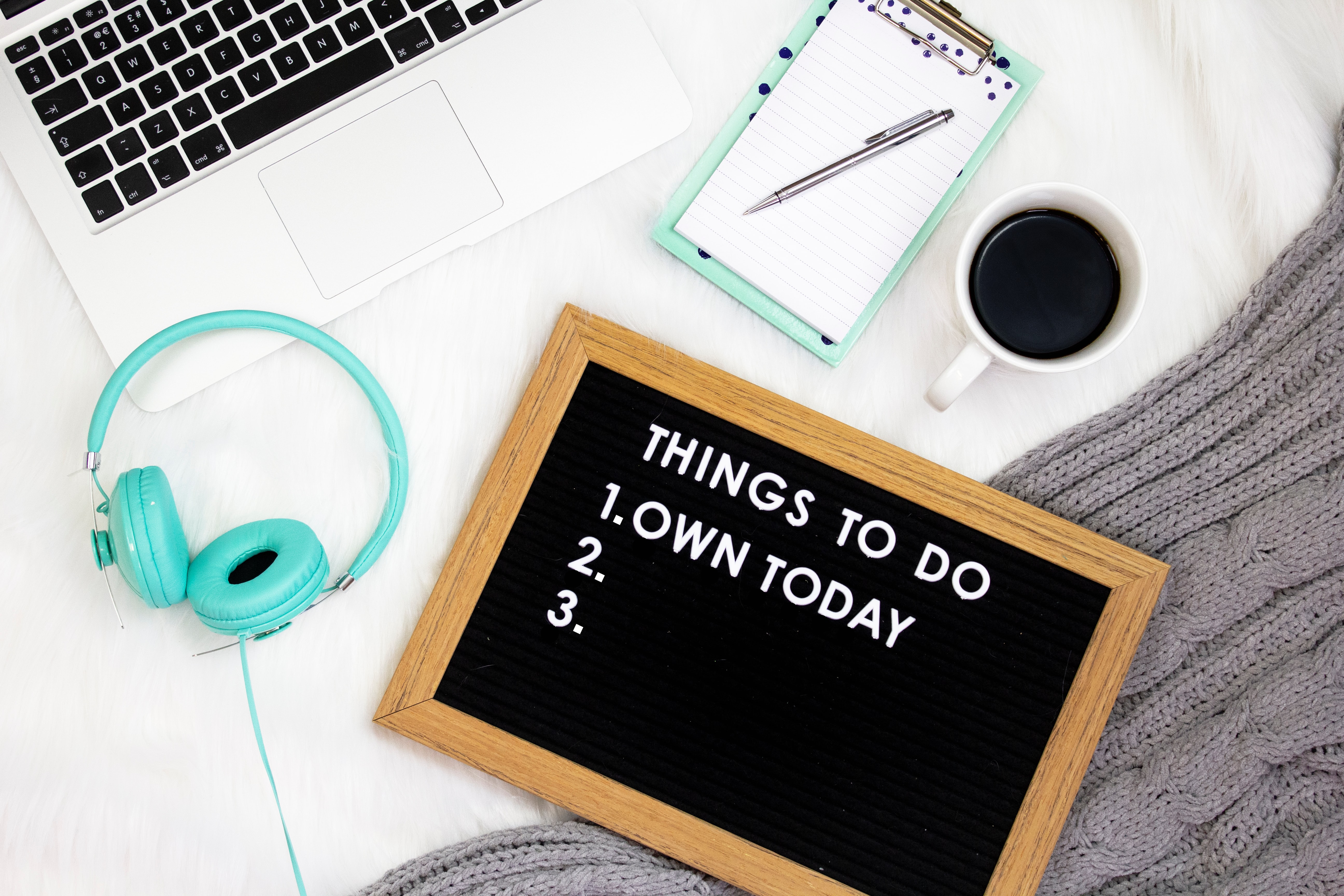At the age of 15, I was forced to become an entrepreneur. I left home with nothing, not even the ability to read properly – I had to make money from somewhere to survive.
I began with my own gardening company within weeks of leaving school, but completely underestimated the amount of physical work involved.
A few months I had got the gist of the job and how the new business might scale and even managed to hire someone to help me. I knew it wasn’t a forever idea nor was it a dream business, but having something of my own felt good and liberating.
This pattern of starting up and figuring stuff out continued for most of my working life. Some of my ventures worked, some didn’t. To date, I’ve started up 17 companies, my last one, Fluid, I sold to PwC. I have invested in 66 start-ups and mentored hundreds of people who are also looking to start out on their own.
My first bit of advice is that being an entrepreneur and starting up is not always as hard as you think. So many founders make entrepreneurship out to be a gruelling hardship or something that takes over your whole life. It doesn’t have to be the case. There are so many popular myths out there that I want to break down. Here are some of the most common ones.
You need to get up at 4am
Hailed by many successful people, the early morning starts have been perpetually talked about for years. From Branson to Cook, Oprah to Obama, rising before the sun has become somewhat of a trend amongst the rich and powerful. But, whilst these people might be rich and successful, they are also seriously sleep deprived.
The time that you start and finish your working day is completely dependent on you. Some people are early risers and are more productive in the mornings, but others are complete night owls and thrive in the evening. Many have a halfway point and only really get going around 11am.
My point is, is that no matter what the articles may say, if you’re not a 4am kind of person that doesn’t have to change just because you have your own business. Make your start up work around you, not the other way around.
Mentors know everything
Having a mentor is something I would encourage any entrepreneur to have. The working world can be a scary place if you go it alone, and having someone by your side who’s been there, done that can be a real safety net if things start to unravel, stagnate or get out of hand.
But just because someone has years of experience does not mean they are always right. You know yourself better than anyone, so don’t be afraid to push back against a mentor and stand up for what you think is the correct way to approach a task; nine times out of 10, the outcome you envisaged will happen, not only because you were right all along, but because you fought hard to get there.
You need loads of money
Starting a business doesn’t have to cost you the world; I started my first one at 15 with nothing but the clothes on my back to my name and was only a few days away from having nothing to eat. I won’t sit here and say that starting with nothing was easy, far from it, but starting with less meant I pushed harder, grafted for long hours and took risks – after all, what did I have to lose?
Don’t focus on how much money you have, or how much money you want to make because if that’s your only outlook on business then it’s ultimately going to fail. Start a business with the ambition to make a difference, putting your stamp on the world and then think about finances.
Business isn’t about luck
People will have you believe that working hard is the be all and end all of entrepreneurship, or business for that matter, but the truth is that luck will get you further than hard work ever will. But luck in business isn’t our usual concept of luck, it’s not random and it’s not a miracle. In business, especially entrepreneurship, you can make and influence your own luck.
Not only is luck something you can create, it’s a crucial element of success. By testing your luck, you usually work smarter with more persistence, you will also take more risks and exit your comfort zone, all of which will help you have a clear focus on your goals and ultimately become more successful.
You need qualifications to get ahead
I hold no personal professional qualifications. I left school at 15 with a handful of GCSEs. Having no qualifications has meant that I’ve had no choice but to make my businesses work, because no standard institution that required qualifications would accept me. But this has been a huge help for me, not a hinderance.
In my opinion, qualifications, if done incorrectly, can actually end up trapping you into a role or job that you don’t enjoy. The most important thing is not the qualification that you get but enjoying what you do and more importantly defining your skills. I think you learn so much more by on-the-job experience than you would ever learn in a classroom, in my view qualifications are sometimes a misleading verification of your ability.
Being entrepreneur isn’t about people telling you what you should and shouldn’t do, that’s why you left your office job, right? Being an entrepreneur means having the freedom to begin a venture that you are passionate about and have the control to make it your own. If you want to start work at 4am, great, if you want to get up at 4pm, that’s perfect too. Follow your own path and make your business work for you.


